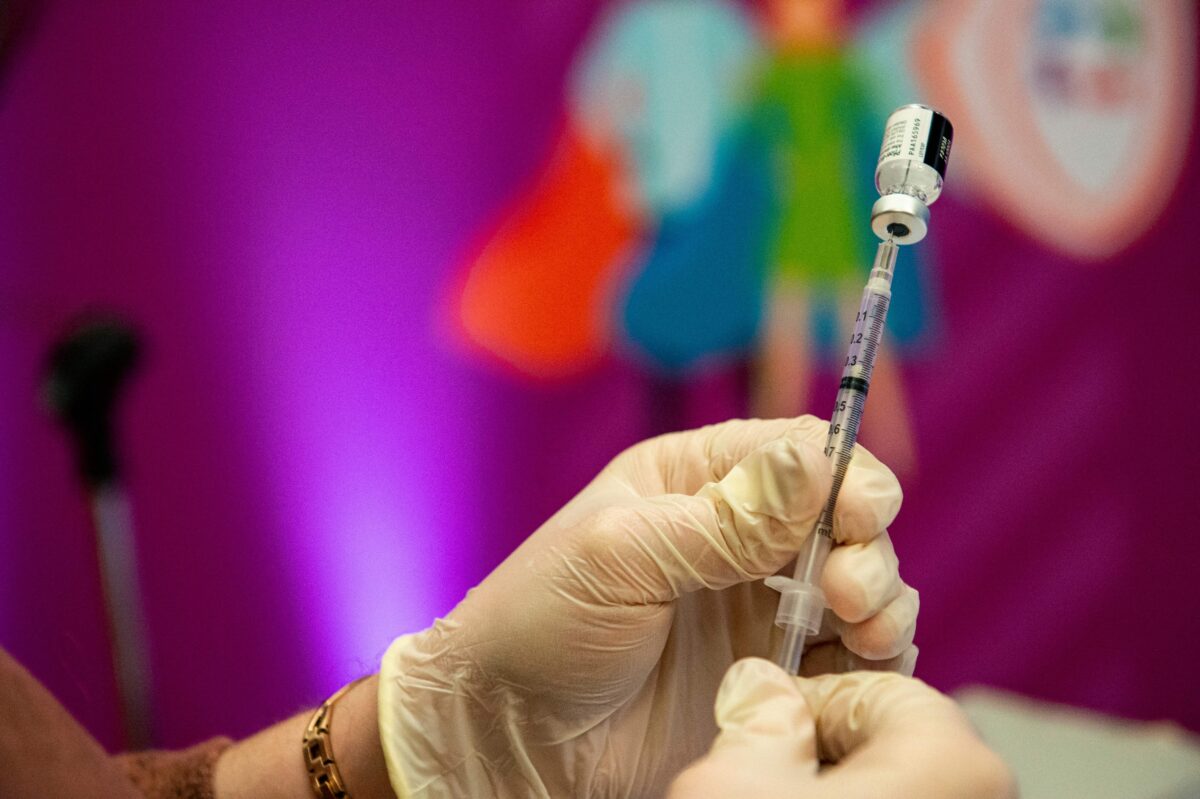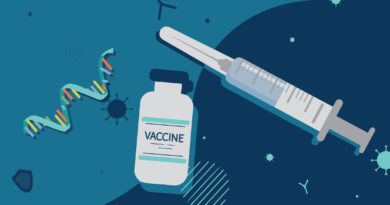‘Severely Flawed’: Cardiologist Criticizes FDA-Funded Study Suggesting Myocarditis, Pericarditis Risks from COVID-19 Vaccines

“Severely flawed” is a cardiologist’s verdict on a peer-reviewed study funded by the Food and Drug Administration (FDA) suggesting possible risks of developing myocarditis and pericarditis after getting a COVID-19 vaccine.
The recent FDA study published on June 11, 2022, used health insurance databases to identify myocarditis or pericarditis hospitalizations occurring in people aged 18 to 64 years, 1 to 7 days after a Pfizer or Moderna vaccine.
The authors found that though only 12 to 14 percent of the studied cohort were 18- to 25-year-olds, 33 to 42 percent of the myocarditis or pericarditis events occurred in people of this age group, suggesting that this age group may be linked with these vaccine adverse events.
“These results do not indicate a statistically significant risk difference between mRNA-1273 (the Moderna vaccine) and BNT162b2 (the Pfizer vaccine), but it should not be ruled out that a difference might exist,” the authors wrote in the study.
However, cardiologist Dr. Sanjay Verma told The Epoch Times that the study “using a 7-day limit for clinical endpoints” for myocarditis or pericarditis events after vaccination was “severely flawed.”
Verma, who practices in Coachella Valley, California, has been seeing many more heart problems since the vaccine rolled out.
“Continued increased risk [of myocarditis or pericarditis]” was found by the Centers for Disease and Prevention (CDC)’s Reports (MMWR) “even at 21 days after vaccination,” Verma wrote in an email.
Explaining that spike proteins have been found in blood circulation even four months after injection, “there is no medical justification for a 7- or 21-day cutoff,” he said.
Further, a British pre-print led by researchers from the University of Oxford found “continued increased risk of myocarditis after the booster,” which was not assessed by the FDA study.
Verma pointed out further issues in the study, stating that it does not include 12- to 17-year-olds, “who are the highest risk cohort.”
The same CDC MMWR report also found that the 12- to 17-year-old cohort has “2 to 3 times increased incidence compared to the 18- to 29-year-old cohort,” the doctor explained.
After the second dose, males aged 12 to 17 years had an incidence of 22.0 to 35.9 myocarditis or pericarditis cases out of 100,000 as compared to males aged 18 to 29 years who had an incidence of 6.5 to 15 cases out of 100,000, demonstrating that teens have a higher risk than adults.
Verma also added that “the study does not account for those who may have died before hospitalization,” who would not be “included in insurance claims database.”
Nonetheless, the cardiologist noted a “tremendous improvement” in the study for using health insurance databases as compared to prior FDA studies that exclusively relied on the Vaccine Adverse Event Reporting System (VAERS), which would most likely result in a lower incidence of cases.
“Overall, the findings of the study are interesting, but the above limitations likely yield significant underestimation of the true risk of myocarditis or pericarditis after COVID vaccination.”
“Public safety and ethical post market pharmacovigilance warrants more robust active longitudinal follow-up to ensure informed consent and appropriate risk stratification counseling,” Verma concluded.


